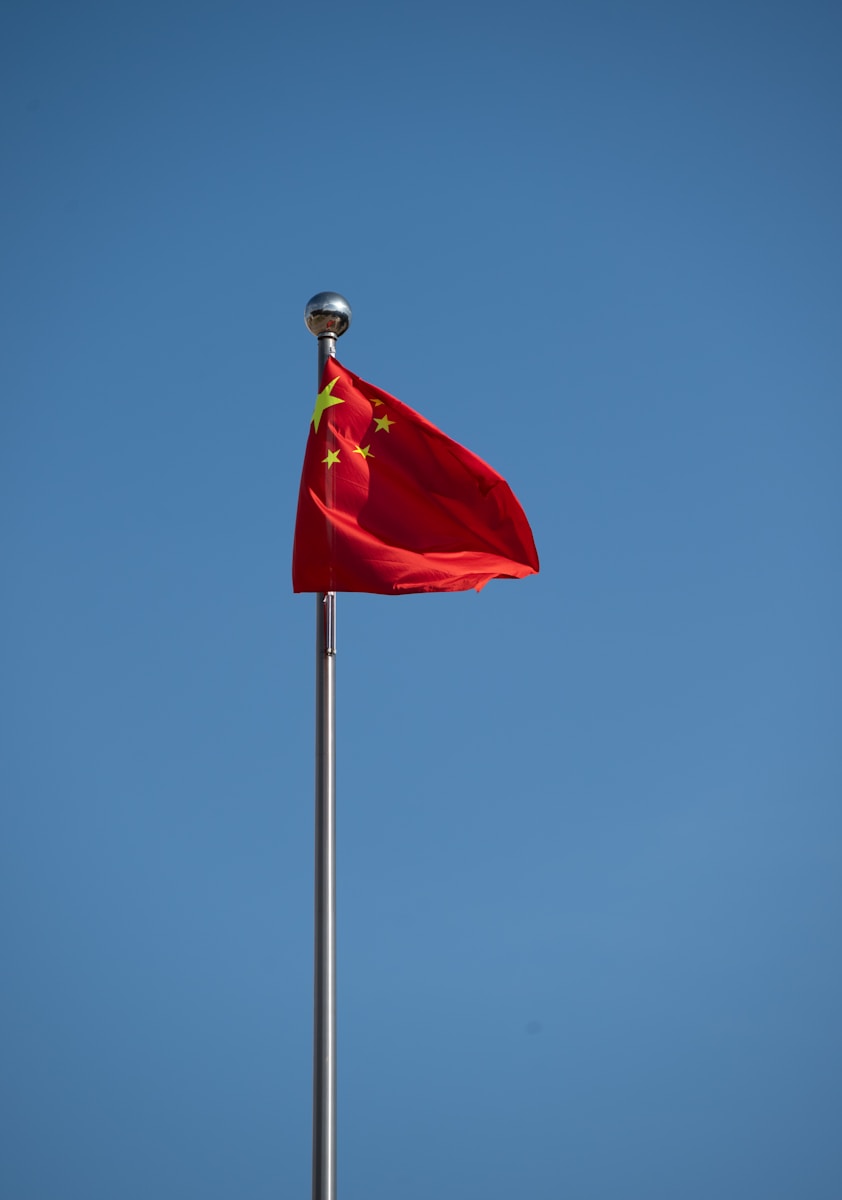Key Takeaways:
- U.S. lawmakers want to stop China from misusing American tech and research.
- New rules could limit Chinese access to U.S. universities and research labs.
- Concerns focus on protecting national security and staying ahead in innovation.
- The Chinese Communist Party is believed to be using partnerships to gather intel.
How Lawmakers Plan to Protect American Innovation
America is full of smart thinkers and groundbreaking research. But now, some leaders in Congress say the Chinese Communist Party (CCP) is taking advantage of it. They believe China is using U.S.-funded science to build better weapons and spy on America. That has lawmakers calling for new rules to keep outsiders from stealing secrets.
These lawmakers—sometimes called “China hawks”—want to close the doors that give China easy access to American technology. The goal? Stop the misuse of U.S. brainpower before it threatens national security.
The Core Problem: Is the CCP Stealing Innovation?
American universities are known as hubs for innovation. Every year, they receive billions in government money to explore everything from space to medicine to military tools. This research often leads to amazing inventions. But it can also create technology that others, including enemies, may want to copy.
Many of these lawmakers say China is taking part in research partnerships just to gain insider access. They accuse the CCP of using students, visiting scholars, and fake companies to collect valuable information.
As a result, Congress is pushing for stronger rules to protect innovation. These changes would mainly focus on stopping the CCP from using American knowledge to outsmart or harm the U.S.
Why Congress Wants These Changes Now
Leaders in Washington are worried. They fear that China’s government is trying to race ahead in artificial intelligence, quantum computing, and military tech—fields where the U.S. must stay on top. Some believe that China’s rapid growth in these areas is thanks in part to research it got from the United States.
In response, lawmakers are drafting new laws to add more limits. These might ban people linked to the CCP—or certain companies—from working on sensitive U.S. projects. They also might require colleges to report foreign funding and researchers from countries of concern more closely.
Supporters say it’s about fairness and national safety. They argue that America should protect the innovation it invests in, especially if it’s being used against it.
How the Rules Could Change Research in America
If the new policies happen, they may greatly change how colleges, labs, and tech companies work. One idea would make it harder for foreign students or scientists with ties to the CCP to join U.S. programs that deal with national defense or technology.
Some proposals even suggest cutting federal funds from schools that don’t report their foreign partnerships. That means colleges would have to be more careful about who they work with and why.
These changes might slow down some kinds of global teamwork. Still, lawmakers say the safety of American ideas is more important.
What the Tech Community Thinks
Some people in the tech world support stronger rules. They worry that secret or important projects are at risk. Others warn that blocking all foreigners may hurt creativity. After all, science often gets better when smart people from different nations work together.
Still, most agree on one point: if the CCP is misusing research, it must be stopped. The challenge is finding a balance between openness and protection.
Will American Innovation Stay Safe?
Keeping innovation safe won’t be easy. The world of research is wide and connected. Researchers attend international events, post findings online, and often collaborate across borders.
That’s why lawmakers believe the U.S. needs clear and strong policies. These would guard top innovations while still allowing teamwork that boosts discovery.
As more hearings and reports come in, Congress may increase pressure on universities and research centers to do their part. Background checks, stricter funding reports, and tighter lab rules may become normal practice.
Is Innovation at Risk Right Now?
Some experts say it already is. They point to Chinese state-run companies that gained knowledge from U.S. research and then designed products faster and cheaper. In serious cases, stolen data supported China’s spying and defense builds.
For example, there have been past reports of scientists secretly working for the Chinese government while holding U.S. research jobs. Some were even arrested.
While these cases may not be the norm, they show that current systems may not be strict enough to catch bad actors before damage is done.
Final Thoughts on Protecting Innovation from the CCP
Lawmakers feel they must act fast. The Chinese Communist Party is known for its long-term planning. U.S. researchers and tech leaders need a strong defense if they want to stay in control of the ideas and tools they create.
Stopping the CCP from benefiting from American innovation won’t be easy. But with clearer rules, safer labs, and smarter oversight, it’s possible. The future of America’s knowledge, and even its safety, could depend on it.
FAQs
Why is the U.S. worried about China and its research use?
The U.S. is concerned that China is using American research to build military tools and spy tech, putting national security at risk.
What kind of research is China interested in?
Fields like artificial intelligence, space, communications, and quantum computing are top interest areas for the CCP.
How will this impact students and universities?
There may be stricter rules for international students, new partnership limits, and tougher checks on foreign researchers.
Is every foreign researcher a threat?
No. Most international researchers come to learn and contribute. The aim is to stop spying or misuse, not friendly collaboration.
